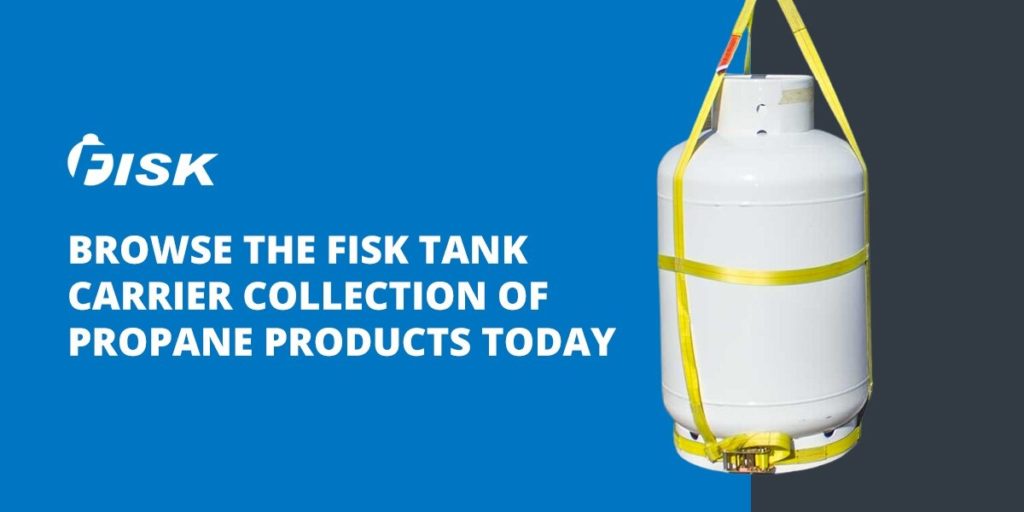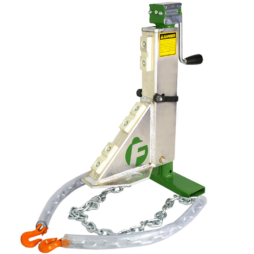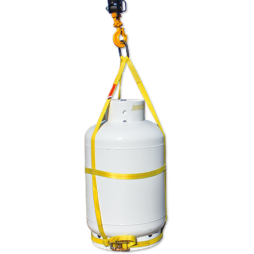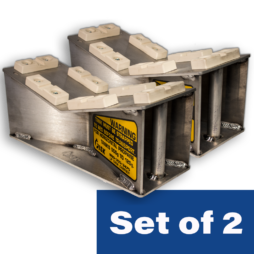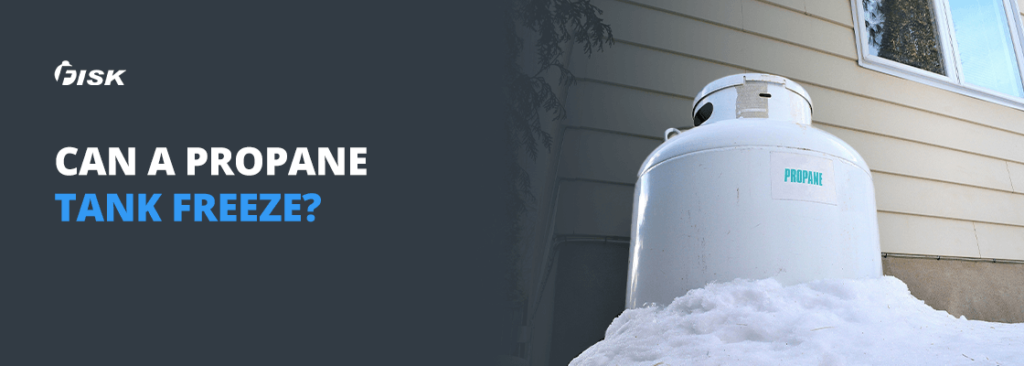
When outside temperatures reach their lows, the propane inside your tanks will contract. As the internal pressure lowers, your gauge readings may be off. Too little pressure results in gas that can’t reach the burner and provide the necessary energy to your home. Ice or frost can also form on delivery lines, regulators and tanks, potentially preventing efficient operation.
Does Propane Freeze When It Gets Cold?
Yes, propane can freeze. However, the temperatures required to cause an actual freeze are extreme — under -300 degrees Fahrenheit.
A far more likely scenario occurs when the propane interacts with regulators, freezing the ambient moisture around the device. That frost is unlikely to cause functional issues with your furnace or appliances. However, appliance performance challenges can occur when propane doesn’t reach the vaporous state required for smooth operation. Users often refer to that outcome as a “freeze” because appliances won’t operate.
What Causes Propane to Freeze?
The propane within your tank is under a constant state of pressure that keeps it liquified. When you turn on a propane-fueled appliance, the liquid slowly raises in temperature to its boiling point, -44 degrees Fahrenheit, where it transforms into the gas your devices need to operate. Persistent cold temperatures can result in the propane failing to reach the metamorphosis stage, i.e., “freezing.”
How to Prevent Your Propane Tank From Freezing
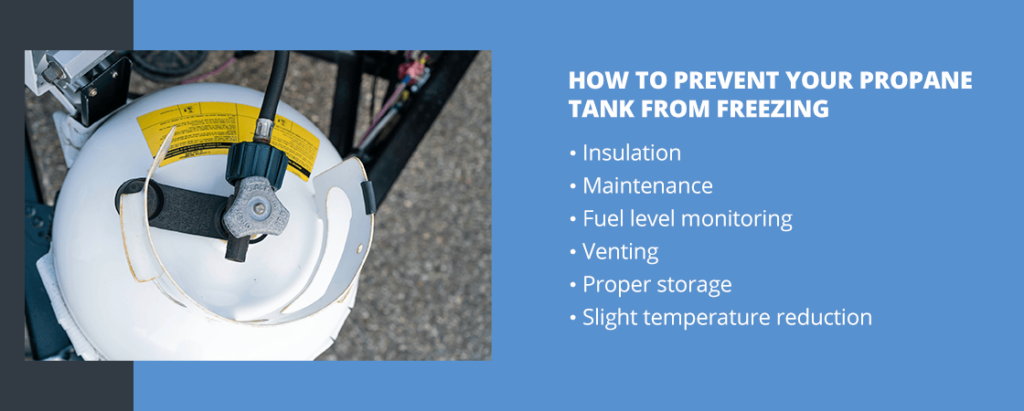
Fortunately, there are steps you can take to prevent equipment freeze and keep your appliances working at their best:
- Insulation: Wrap your tanks with an insulating material to keep frost at bay. Proper insulation is the best method for prevention — don’t use heaters or other open flames to warm your tank. Some tank blankets come with a built-in heating feature for consistent temperature control.
- Maintenance: Remove any snow or ice carefully with a soft-bristled brush or broom.
- Fuel level monitoring: Track the fuel level in your tank and keep it above 25% to best regulate the internal pressure.
- Venting: Assess the regulator vents regularly for snow or ice. Contact a professional for service if these elements build up on the flue.
- Proper storage: Keep small grill cylinders upright and close the valves when not in use. These tanks rely on internal vapor space to maintain the correct pressure.
- Slight temperature reduction: Lower your thermostat by a degree or two to give your furnace more time to build up essential pressure before reigniting.
Be Prepared to Service Your Clients’ Propane Needs With a Custom Truck
Fisk Tank Carrier builds high-quality custom propane service and installation trucks to handle your business needs every season of the year. Start designing your own by speaking with one of our experts today!
Further Reading
Common Propane Tank Sizes and Dimensions
How Long Will 500 Gallons of Propane Last?
